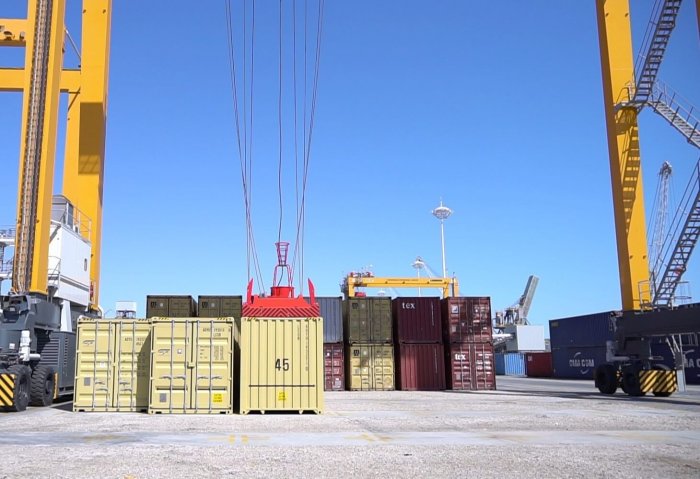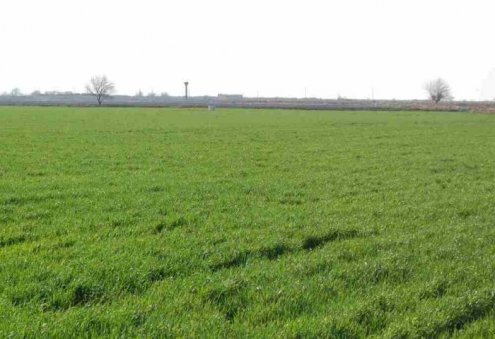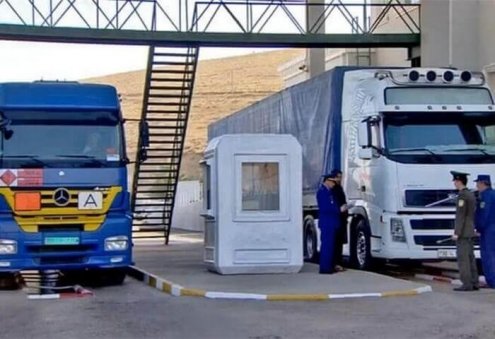The Incoterms are a set of 11 individual rules which define the responsibilities of sellers and buyers for the sale of goods in international transactions.
The Incoterms rules feature a series of three-letter trade terms which all have very precise meanings for the sale of goods around the world.
Incoterms 2020 entered into force on January 1, 2020, however, the use of old editions is also possible. That is why when setting the terms of delivery, it is necessary to indicate the edition of the rules indicating the specific year.
Incoterms inform sales contracts defining respective obligations, costs, and risks involved in the delivery of goods from the seller to the buyer, but they do not themselves conclude a contract, determine the price payable, currency or credit terms, govern contract law or define where title to goods transfers.
Not a single term has been deleted or added in the new edition. Only one delivery basis changed its name: DAT was renamed to DPU. Moreover, the renaming is more of a technical nature. As in the previous version, some terms apply only to sea (river) transportation and have not become universal.
One of the most common delivery bases (FCA) has changed, now its application allows the parties to the transaction to agree that the buyer can instruct the carrier to issue a sea bill of lading with an on-board record to the seller. This will allow the latter to fulfill the conditions of the letter of credit in a short time.
The CIP conditions have also slightly changed, the size of the insured amount has increased and should exceed 110 percent of the value of the insured consignment.
The new edition also clarifies the customs clearance of products at the border and introduces a new concept of “transport safety”.
Both the seller and the buyer in the new version of the rules are allowed to use their own transport for transportation, and not conclude an agreement with a third party, outsourcing this service.
In Incoterms 2020, there are 4 groups of basic conditions for the supply of products (E, F, C and D). They are divided according to the distribution of responsibilities between the parties to the foreign trade transaction.
E (Shipment): EXW
F (Main carriage paid by buyer): FCA, FAS, FOB
C (Main carriage paid by seller): CFR, CIF, CIP, CPT
D (Delivery): DAP, DPU, DDP
The first edition was published in 1936, then it was amended and revised in 1953, 1967, 1976. Since 1980, Incoterms has been periodically edited every ten years, and updated in 1990, 2000, 2010 and 2020, respectively.


















